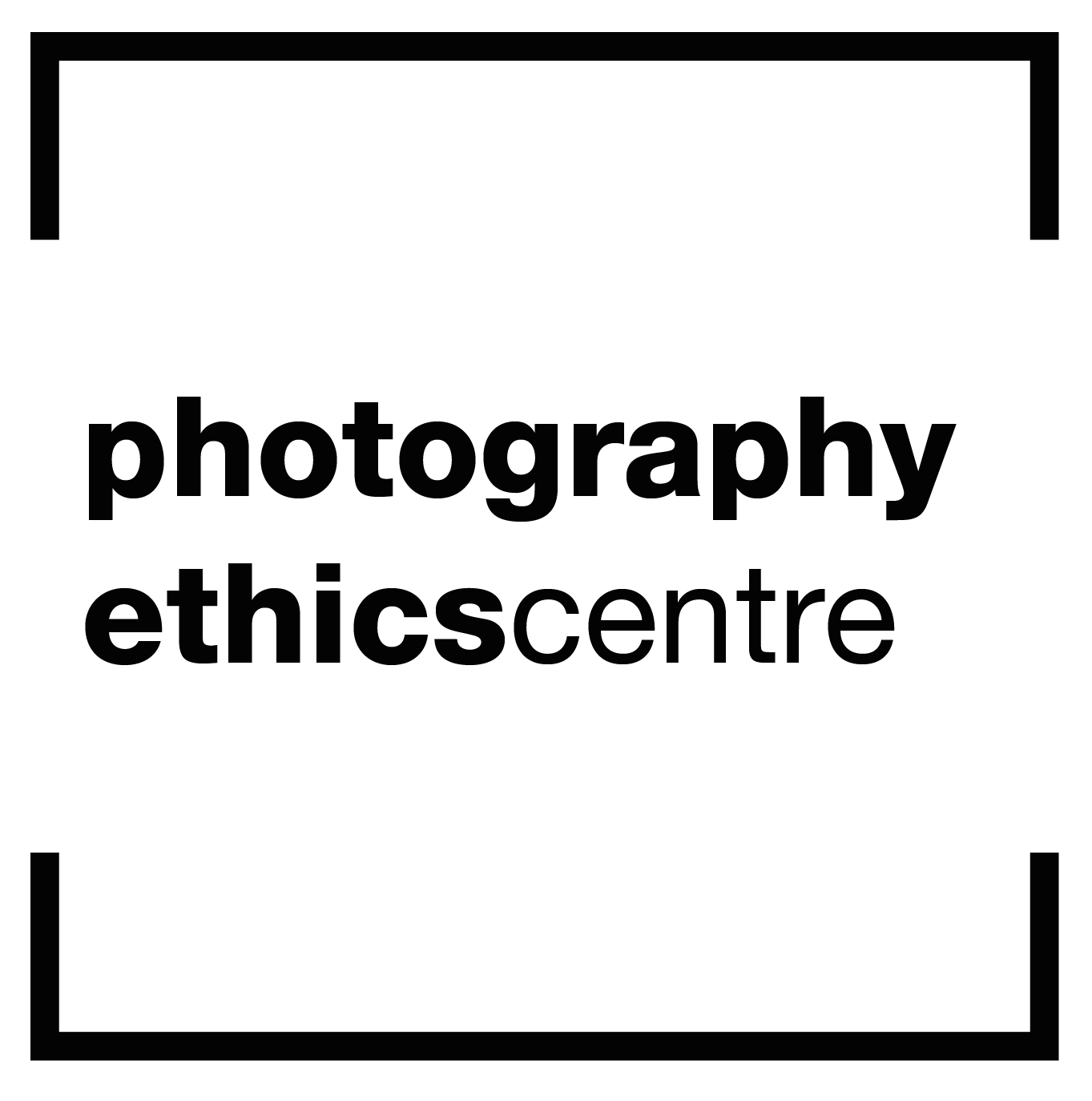Justin Carey: On solitude and collaboration
In this episode, we talk with Justin Carey about how he navigates relationships of collaboration with the people in his pictures. He discusses the importance of recognising your own position in relation to what you are photographing, and he explains how planning ahead can help to avoid ethical dilemmas, especially when working with family. Finally, Justin addresses the lack of diversity in photography organisations, the impact that this has on the industry, and the need to be mindful of who is in the room when decisions are being made.
What you’ll find inside:
A description of collaboration in his project (11:15)
“I didn’t want it to be about me. I didn’t want it to be about this woman that you might see on the website. I wanted it just to be about everyone, and so, to do that, I had to anonymise their contributions. And so that was a difficult discussion, because what I didn’t want to do was to make them feel like I was sort of stealing their ideas, and stealing their work, and presenting it as mine. So they had to be seen as true collaborators and the way that I was going to present the work was discussed with them and they had to be cool with it otherwise I wouldn’t have been able to do it that way.” (13:40)
“There was a point where the balance between seeking collaboration and input from other people and giving my own input was wrong. So, I was actually just getting people to give me all their revelations without giving anything back. … The thing I realised was that I wasn’t being as open and honest myself with my own input into the work as I was hoping to elicit from other people. So that had to change. So that’s when I started shooting myself.” (19:12)
“I think the best way to approach ethical challenges is to plan ahead, and to really think about all the different things that might arise and figure out how you are going to approach those. … I just think you have to plan ahead, and be honest, and be flexible.” (25:18)
On working with family: “You have to protect them ahead of time because they may be so accommodating that they switch off their filters that they would have had in other situations, and then if you ‘re not thinking for them about those potential filters, they may end up being hurt.” (28:40)
“The options to progress your career all go through organisations and media that are run by and curated by white people, to be frank. So your career is largely dependent on patronage by people who often do not have any investment or interest in your perspective.” (34:45)
What does photo ethics mean to Justin?
“Firstly I think you have to be honest about where you are as the photographer. You have to accept that you have a position, and that you aren’t seeking the truth, in sort of profound and definite ways, because every photographer’s truth is different. … I think to practice ethically as a photographer, you have to then think: okay, how are my own biases going to influence the sort of work I’m making, and how is that going to effect other people?” (29:25)
Links:
Justin Carey's work reconsiders the urban environment, looking for connections to memories and emotions that are often unsettled or uncomfortable, as well as contemplating how the urban environment itself - with its inherent contrast between densely-populated spaces and individual solitude - shapes our experience of the world. Justin seeks to invite the viewer into a discourse around universal themes and create room for collaboration and fair representation in his work.
Justin was shortlisted for the ArtGemini Prize in 2015 and graduated with merit from the photography MA programme at Falmouth University in 2019. He combines his photographic practice with a career as a consultant in the NHS and currently lives in Birmingham, UK.
You can see his work at https://justincarey.com
